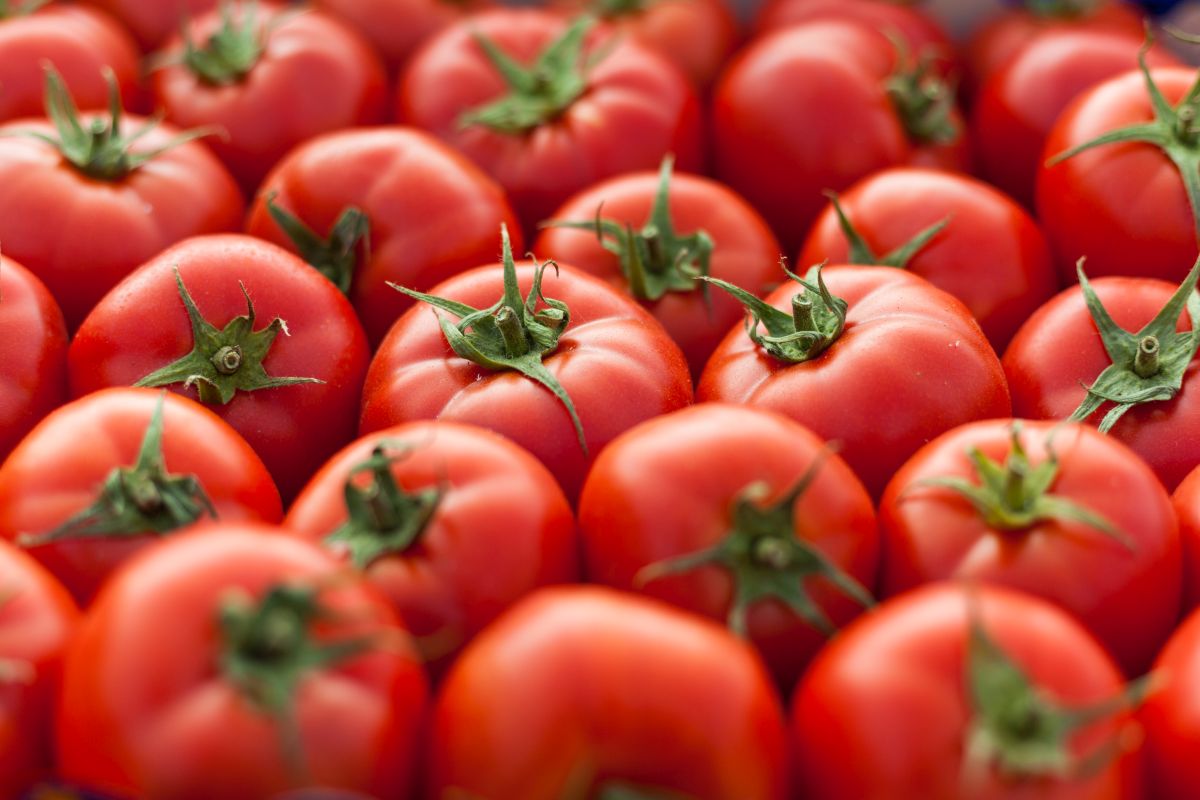India’s problems with the price of tomatoes may soon pale into insignificance in the face of an anticipated surge in international grain prices following the Kremlin’s decision to end a deal which allowed Ukrainian grain shipments to reach the world.
The deal was brokered in July 2022 by Turkish President Recep Tayyip Erdogan, the United Nations and the two warring countries and allowed grain to leave Ukraine from three designated ports ~ Odessa, Chornomorsk and Yuzhny ~ under strict supervision. Vessels carrying the grain were subject to inspection and were escorted by pilot vessels through the heavily mined Black Sea. A total of 33 million metric tonnes was thus exported from Ukraine, and reached deprived countries, including those getting relief under the World Food Programme. The other effect of the shipments was that prices, which had risen sharply in the wake of the war, cooled down substantially. The Kremlin has now announced that it will not renew the deal, which means that many countries will face the prospect of famine; the Russian Federation and Ukraine are among the world’s largest grain exporters.
Advertisement
While attempts had been made in the past week, principally by UN Secretary General, Antonio Guterres, to get Moscow to relent, these efforts now seem to have failed, as admitted by the head of the global body himself. In a statement, Mr Guterres expressed deep regret at the Russian decision, and noted that it would “strike a blow to people in need everywhere.” In his attempts to get Russia to relent, Mr. Guterres had secured significant concessions including two American waivers that exempted Russia from sanctions for food exports, a British waiver on insurance on Russian shipping and an EU exemption that allowed the unfreezing of Russian fertilisers. But this clearly was not enough for Russian President Vladimir Putin; a Kremlin spokesman confirmed on Monday that the decision was final. President Putin has demanded an end to sanctions on the Russian Agricultural Bank, resumption of supplies of agricultural machinery and parts, lifting restrictions on insurance and reinsurance, the resumption of the Togliatti-Odessa ammonia pipeline and the unblocking of assets and the accounts of Russian companies involved in food and fertiliser exports. It is unlikely that Western nations will concede these. Ukraine meanwhile has suggested that it may continue with the shipments even without Russian concurrence, a development that is bound to worry the West because it may lead to an escalation that draws Nato into the conflict. A Ukrainian spokesman said his country was not afraid and would keep the shipments going if Turkey allowed the vessels to use the Bosphorus Strait. The other option is for Ukraine to export grain through the land route via Eastern Europe. But that has its own set of problems, including logistical challenges and the backlash from farmers in the region who are worried they will be undercut by the Ukrainians. All eyes will now be on an Africa-Russia summit later this month, where President Putin will face pressure from African nations that have been among the recipients of Ukrainian grain.











